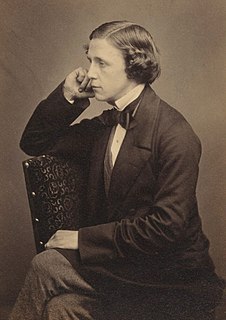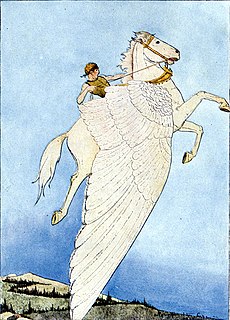Peter is a short story by Willa Cather. It was first published in The Mahogany Tree in 1892.
Lou, the Prophet is a short story by Willa Cather. It was first published in The Hesperian in 1892.
The Burglar's Christmas is a short story by Willa Cather. It was first published in Home Monthly in 1896 under the pseudonym of Elizabeth L. Seymour, her cousin's name.
El Dorado: A Kansas Recessional is a short story by Willa Cather. It was first published in New England Magazine in June 1901.
"A Death in the Desert" is a short story by Willa Cather. It was first published in The Scribner's in January 1903.
The Joy of Nelly Deane is a short story by American writer Willa Cather. It was first published in Century in October 1911.
The Enchanted Bluff is a short story by Willa Cather. It was first published in Harper's in April 1909.
The Bohemian Girl is a short story by Willa Cather. It was written when Cather was living in Cherry Valley, New York, with Isabelle McClung whilst Alexander's Bridge was being serialised in McClure's. It was first published in McClure's in August 1912.
On the Divide is a short story by Willa Cather. It was first published in Overland Monthly in January 1896.
"A Night at Greenway Court" is a short story by Willa Cather. It was first published in Nebraska Literary Magazine in June 1896. Four years later a revised version was published in the Library.
"The Strategy of the Were-Wolf Dog" is a short story by Willa Cather. It was first published in Home Monthly in December 1896.
"A Resurrection" is a short story by American writer Willa Cather. It was first published in Home Monthly in April 1897.
Eleanor's House is a short story by Willa Cather. It was first published in McClure's in October 1907.
The Profile is a short story by Willa Cather. It was first published in McClure's in June 1907.
The Garden Lodge is a short story by Willa Cather. It was first published in The Troll Garden in 1905
The Treasure of Far Island is a short story by Willa Cather. It was first published in New England Magazine in October 1902.
The Professor's Commencement is a short story by Willa Cather. It was first published in New England Magazine in June 1902
A Tale of the White Pyramid is a short story by Willa Cather. It was first published on 22 December 1892 in The Hesperian.
"The Clemency of the Court" is a short story by Willa Cather. It was first published on 26 October 1893 in The Hesperian.
"The Fear That Walks By Noonday" is a short story by Willa Cather. It was first published in Sombrero in 1894.






